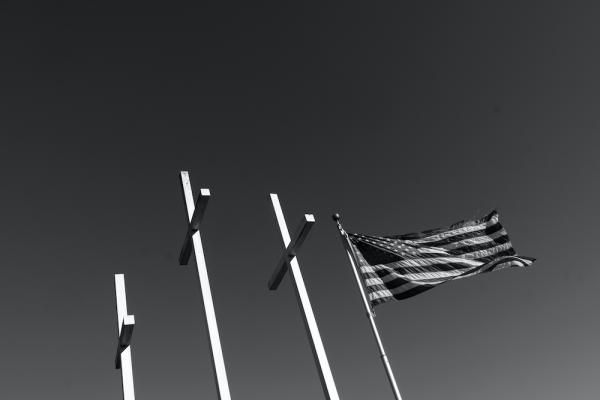Nov 4, 2020
In America, too many white Christians say the solution to racism is public acts of prayer and unity while they simultaneously deny the enduring power of white supremacy and their complicity in it. As recently as last month, a high-profile Southern Baptist seminary decided to offer $5 million of their $89.7 million endowment to scholarships for Black students while holding on to the racist narrative, legacy, and structure of their slaveholding founders. As Joseph Gerth in the Louisville Courier Journal points out, pollster Robert P. Jones calls this “the White Christian Shuffle” — white Christians publicly engage in acts of charity while simultaneously holding on to the white supremacist rot that lays at the foundation.
Read the Full Article

Already a subscriber? Login
